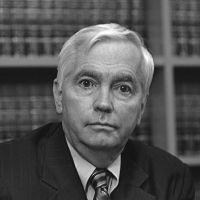The future of dispute resolution. The future of business.
The Proof of Trust is a company with the only globally recognised patented protocol specifically designed to act as an assurance layer, validating data and preventing invalid or insecure smart contracts from executing.
Our ground-breaking technology gives businesses and governments the protection and peace of mind they need to flourish, bringing instant trust to transactions across the globe and resolving contractual disputes in a fast, fair, and cost-effective way.


